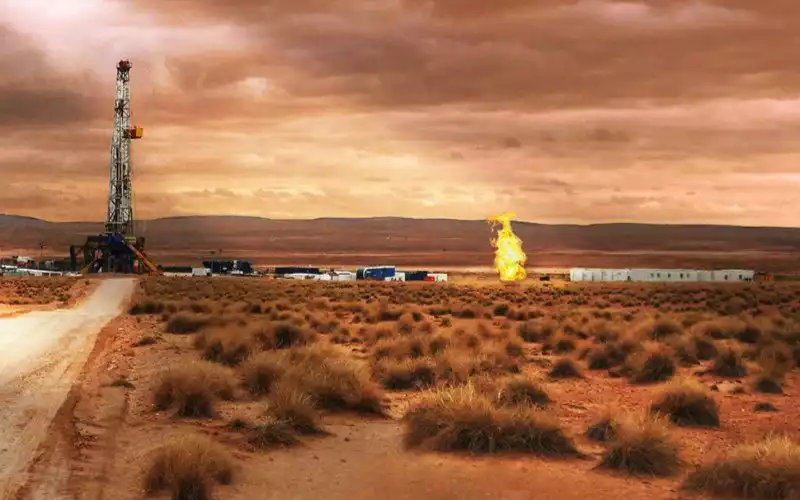Morocco-Nigeria Gas Pipeline Project Gains US Interest, Boosting Energy Independence Goals

Morocco is actively working on implementing the transatlantic gas pipeline with Nigeria. The realization of this megaproject, along with the exploitation of potential gas deposits in the kingdom, should allow it to achieve energy self-sufficiency by 2030.
The Nigeria-Morocco Gas Pipeline (NMGP) project is of interest to the United States, which has already announced its intention to actively participate in its realization, hinted Wale Edun, Nigerian Minister of Finance and Coordination, following bilateral talks held during the spring meetings of the International Monetary Fund (IMF) and the World Bank Group in Washington. "The discussions highlighted the importance of maintaining sustained dialogue to better publicize ongoing economic reforms in Nigeria and increase investor confidence," the minister said in essence, highlighting the United States’ particular interest in the Nigeria-Morocco Gas Pipeline.
Morocco wants to establish itself as a global energy producer to meet Europe’s needs, exacerbated by the wars in Ukraine and Gaza. The kingdom is on the right track and is working to respect the "three golden rules" of energy security, namely diversification, predictability, and cooperation, recalled last weekend by the Executive Director of the International Energy Agency (IEA), Fatih Birol, during the launch of the international summit on the future of energy security in London. Thus, the kingdom has diversified its supply sources and logistics chains, is aware of the need to adopt long-term policies while attracting investors, and remains open to partnerships with the United States, China, or Russia.
On April 23, 2025, during the Energy Conference in Ouarzazate, Leila Benali, the Moroccan Minister of Energy Transition, announced that her department has launched a call for expressions of interest for the development of gas infrastructure in Morocco. The project consists of building a liquefied natural gas (LNG) terminal in Nador West Med, connected to a network of gas pipelines supplying industrial zones from Kenitra to Mohammedia. The commissioning of a first terminal in Nador is planned for 2026-2027. A second will be installed on the Atlantic coast, with a strategic extension to Dakhla, in the Moroccan Sahara, a region dedicated to emerging industries.
Well before the Ukrainian crisis, Morocco had signed long-term contracts with Spain in 2021 to transport LNG purchased on the international market to its territory via the Maghreb-Europe gas pipeline in reverse, then transformed in Spanish regasification plants. Moreover, several gas wells have been discovered in the kingdom in recent years, revealing its enormous gas potential. The British company SDX Energy has conducted an extensive active drilling program in the Gharb basin concessions, the current main production area, with a success rate of over 80% to date. Morocco’s energy strategy is "to invest massively in renewables while consolidating national energy flexibility," Leila Benali confided during Bloomberg News’ "The Pulse" program.
Related Articles
-

Illegal Bakeries in Morocco: A Rising Health Threat to Consumers
22 August 2025
-

Trailblazing African-Italian Lawyer Vanishes During Casablanca Layover, Sparking International Search
22 August 2025
-

Reality TV Star’s Moroccan Dream Soured: Dog Drama Ruins Romantic Dinner in Agadir
22 August 2025
-

Marrakech Housing Crisis: Young Job Seekers Face Soaring Rents and Shrinking Options
22 August 2025
-

Moroccan Expats: 4 Essential Tips to Breeze Through Customs and Avoid Penalties
22 August 2025